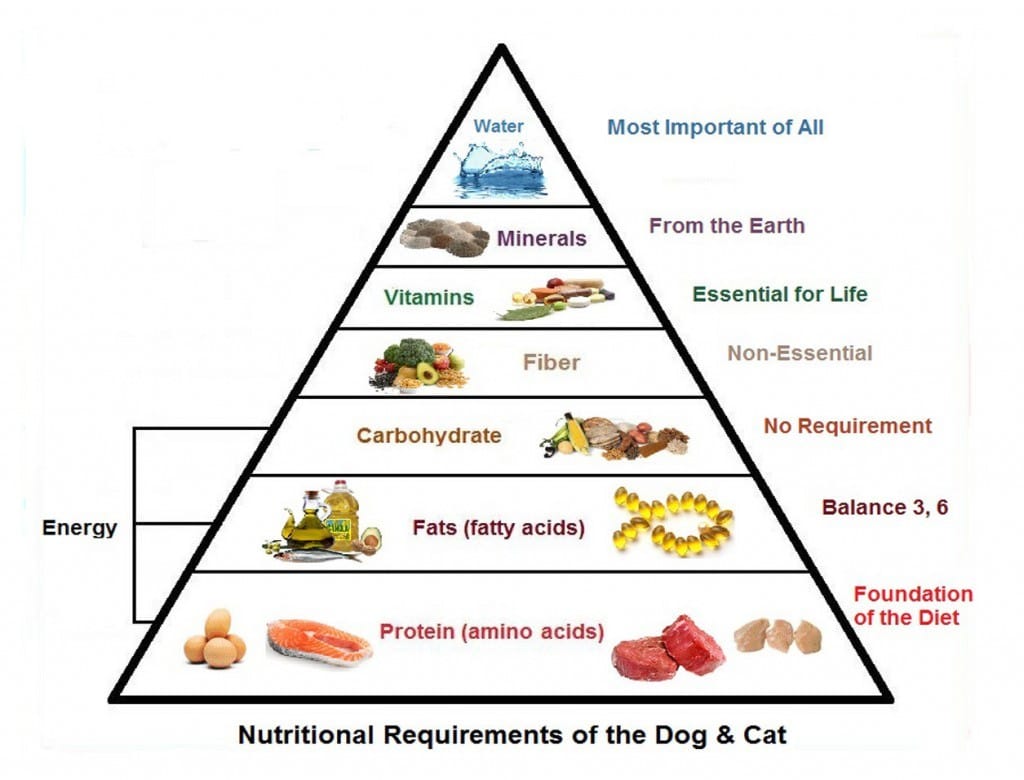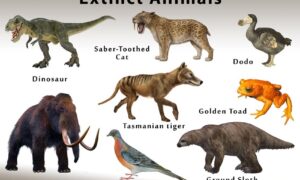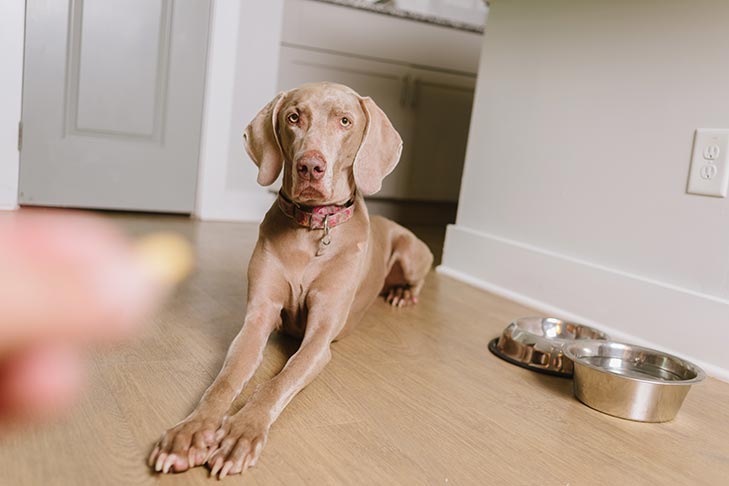What You Need to Know About Dog Nutrition Requirements

What You Need to Know About Dog Nutrition Requirements
You need to understand the nutritional needs of your dog. You may be wondering how much you should feed your dog every day, and how to choose between dry and canned foods. This article will provide you with the information you need to make the right decision for your dog’s nutritional needs. You can also choose to make homemade dog food if you prefer. Read on for more tips and advice. Dog nutrition is important for your dog’s health. Adding the right amount of nutrients to your dog’s diet is critical for its development.
Nutritional Requirements for Dog
For a healthy dog, the nutritional requirements of the diet are very important. Dogs’ bodies use a lot of protein in their diet for growth and repair. They also need it to produce hormones and enzymes. In addition to that, protein also contains important minerals, which help the body maintain proper pH balance and function of its organs. Listed below are the essential ingredients for your dog’s diet. They are also essential for the body’s immune system.
Dogs’ dietary requirements do not necessarily follow a linear relationship to body weight, and dogs in kennels and households need significantly less food than dogs in a kennel. Additionally, breed differences influence caloric requirements independently of body weight. A Newfoundland, for instance, requires far fewer calories per day than a Great Dane. The exact calorie requirements of dogs can also be much lower or higher than stated in the nutrient profiles for other animals, so it is crucial to assess each dog’s body condition before feeding it.
A well-balanced diet for a dog should include at least 20 percent carbohydrates, as these provide energy. In addition, carbohydrates also contain fiber, which is essential for normal gastrointestinal function. These nutrients prevent bacterial overgrowth, maintain intestinal health, and prevent loss of amino acids. Soluble fiber is a form of carbohydrates that dogs love, and should be included in the diet of high energy dogs. However, soluble fiber is more digestible than insoluble fiber.
Vitamin B12 is a necessary component of the diet and plays a variety of roles in the body. It helps the body use amino acids, and supports normal blood and immune functions. A diet deficient in biotin can cause a dog to eat less and have poorer overall health. If this occurs, your dog may have decreased appetite or even convulsions. In addition, the dog’s immune system may also be affected and could be at risk for heart problems and cancer.

What You Need to Know About Dog Nutrition Requirements
How Much Dog Feed
If you are not sure about the amount of food your dog should eat, you should take a look at the recommended guidelines for adult dogs. The following are general guidelines for dogs of different breeds: Toy breeds should be fed 1/3 to 1/2 cup a day. Medium-sized dogs should be fed 3/4 to one-and-a-half cups a day. And large-sized dogs should be fed about 2 3/4 cups a day.
The amount of food your dog should eat depends on several factors, including the breed of the dog, its age, and its level of activity. Remember not to overfeed your dog! A veterinarian can assess the health of your dog and recommend the correct amount of food. A specialized diet may be necessary for certain breeds to improve their general health. Always consult with a veterinarian when in doubt. A good rule of thumb is about 2 cups of food a day per kilo of body weight.
The feeding guidelines on a pet food package will tell you how much to feed your dog. But these guidelines are not definitive and you need to research these according to your dog’s weight and lifestyle. A balanced, complete diet should provide the right amount of calories and the right balance of nutrients. This is because every dog is different. And every dog needs a different amount of food for the same size. If you are unsure of the amount of food your dog needs, it is best to consult a veterinarian and get a proper guideline.
While feeding your puppy every three to four hours is perfectly safe and recommended for a healthy puppy, older dogs should be fed two to three times a day. Small breeds can eat three or four small meals a day. However, you should avoid adding supplements to the food if you want to give your dog more nutrients. Supplements can cause more harm than good. A healthy dog will need four-and-a-half cups of food daily.
Dry Food and Canned Food
Canned and dry food for dogs are equally nutritious but both leave gooey residue that can lead to dental problems. When this goes unchecked, this residue can build up into tartar and cause dental disease. Studies have shown that conventional dry food is not better for your dog’s teeth. But how do you choose the right type? Read on to learn more about the pros and cons of both types of food.
Canned foods are generally more expensive, but they provide better nutrition for your dog. Compared to canned food, dry dog food is easier to prepare and feed. Dry food can also be used as a training treat and dental supplement. Some brands even come with teeth-cleaning properties. Choose the right type and mix for your dog to get the best results! When comparing canned and dry dog food, make sure to choose the brand with the highest quality ingredients.
If you have a dog that has an extreme sensitivity to flavors, canned food is probably the better option. However, it may be hard to keep your dog satiated if it has a sensitive stomach or has medical conditions. Alternatively, you can make your own homemade dog food. But make sure to consult your vet first. He or she will be able to advise you on which type is best for your pet.
It is important to consult a vet before choosing between canned and dry dog food. Both types of food are nutritious, but it is important to choose one that suits your dog’s dietary needs. Dry food is healthier than canned food because of its consistency, which prevents bloating. Wet food is less expensive, but it may not be as nutritious as it could be. For this reason, you should consider the size of your dog when choosing dry food.
Homemade Food
If you are planning to start feeding your dog a diet of homemade dog food, you should know a few things before you begin. You should always weigh your dog at least twice a year, so you can track their weight changes over time. You should also be aware of any dietary restrictions your dog may have and talk to your veterinarian about what is best for your dog. A homemade diet can be a great way to add variety to your dog’s diet, but you must take extra precautions to ensure your pet receives the right nutrients.
The first step in preparing homemade dog food is to cook brown rice according to package directions. Make sure to allow it to cool before you add it to the mixture. Next, heat olive oil over medium-high heat. Once the oil is hot, add ground turkey, and cook until it is browned. Cooking time can vary from three to five minutes. Once the meat is cooked, break it up into small crumbles. Once cooked, transfer the mixture to your dog’s bowl.
Another thing to keep in mind while preparing homemade dog food is its caloric content. It’s recommended to serve low-calorie meals to your pet on a regular basis, just as you would with any other meal. You should consult your vet to determine your dog’s daily caloric needs. Alternatively, you can order fresh, natural dog food for delivery. This is a huge time-saver and cost-effective option compared to preparing recipes.
Aside from ensuring a balanced diet, you should also be mindful of your dog’s digestive system. Carbohydrates are the main source of energy for dogs and should make up the bulk of the diet. The gastrointestinal tract breaks down carbs and absorbs them for energy. Some veterinarians recommend feeding large amounts of carbohydrates to dogs while others believe that it’s okay to limit carbohydrate intake. Most vets agree on two types of carbohydrates: complex and simple.
What Should be in Dog Food
When choosing a diet for your dog, you should always check the ingredients list. These ingredients should be from regional or local sources and have strict quality controls to prevent contamination. If you dog has special dietary needs or is allergic to some ingredients, this list is a must-read. It also helps owners who want to feed specific sources of nutrients to their dog. You can also ask the company to provide you with a sheet of questions to ask them.
Carbohydrates are an important part of a dog’s diet because they contain a variety of essential vitamins and minerals. Unlike human food, dietary fats are also essential to a dog’s body. They provide energy and help absorb fat-soluble vitamins. They are also a good source of essential fatty acids. They help the body fight off inflammation at the cellular level. Dog food should also contain omega-3 fatty acids, as these promote healthy skin and coat.
Grain products are one of the least liked ingredients in dog food, but these are beneficial for your dog’s health. Wild dogs eat the stomach contents of their prey and these are generally composed of grains. In addition, good grains aid in digestion. Those grains that are considered lower-quality include corn, soy, and whole wheat. Better alternatives are oats, rice, barley, and peas.
Minerals are essential components of the body and are involved in hormone and enzyme systems. Your dog requires a variety of minerals to support its daily functions. A deficiency in one of these substances can be dangerous, leading to a variety of medical conditions, and even death. However, it is impossible to feed your dog exactly what it needs because this requires constant monitoring. So, if you are unsure about which vitamins and minerals are necessary, check out the AFFCO standards for pet foods.

















